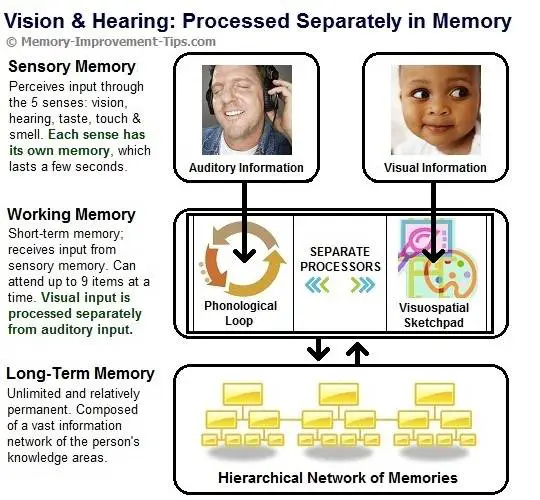
Children with Chromosome 22q11.2 Deletion Syndrome Exhibit Impaired Spatial Working Memory
The publisher's final edited version of this article is available at Am J Intellect Dev Disabil
Abstract
Individuals with chromosome 22q11.2 deletion syndrome (22q11.2DS) have been shown to have impairments in processing spatiotemporal information. The authors examined whether children with 22q11.2DS exhibit impairments in spatial working memory performance due to these weaknesses, even when controlling for maintenance of attention. Children with 22q11.2DS (n = 47) and typically developing controls (n = 49) ages 6-15 years saw images within a grid and after a delay, then indicated the positions of the images in the correct temporal order. Children with 22q11.2DS made more spatial and temporal errors than controls. Females with 22q11.2DS made more spatial and temporal errors than males. These results extend findings of impaired spatiotemporal processing into the memory domain in 22q11.2DS by documenting their influence on working memory performance.
Why is this important?
Navigation
Visuo-spatial memory is also closely linked with
mathematical skills. It has been suggested that visuospatial
memory functions as a mental blackboard,
supporting number representation, such as place value
and alignment in columns, in counting and arithmetic. Children with poor visuo-spatial
memory skills have less room in their blackboard to keep
in mind the relevant numerical information.
No comments:
Post a Comment